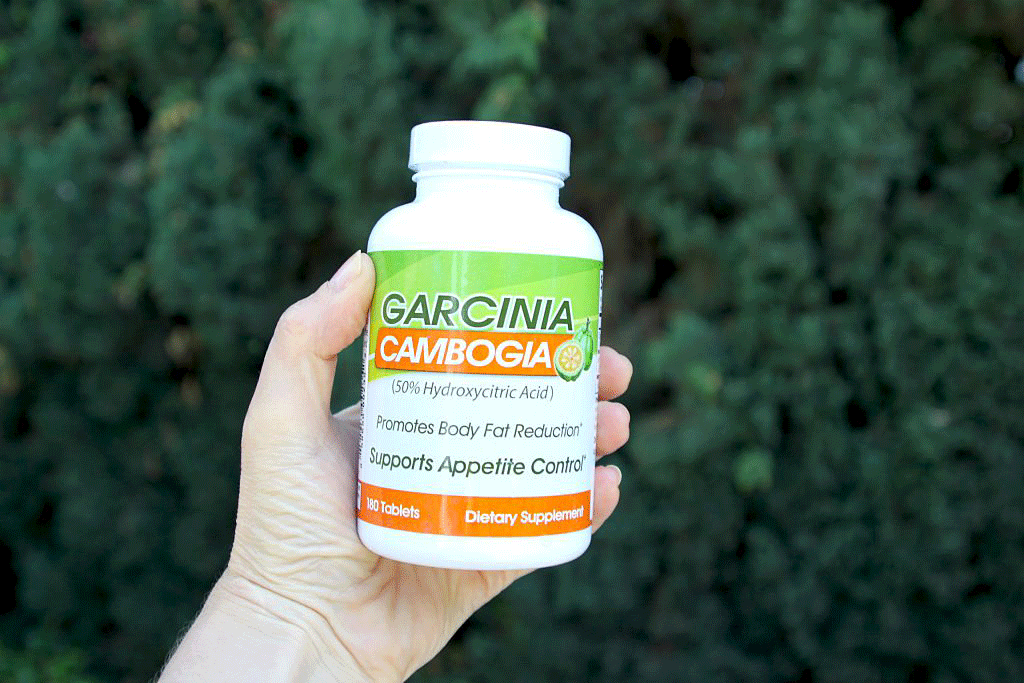Weight Loss Supplements Don’t Work

Losing weight is a frustrating slog for most of us, but supplements aren’t going to help. Luckily, there are other options to help you trim down to your ideal weight.
It’s a thrilling idea that an over-the-counter pill that seems healthy can help you shed pounds. Losing weight is a frustrating slog for most of us. Who doesn’t want a little boost? More than a third of U.S. adults who are trying to lose weight say they use a supplement, and the numbers are higher among younger adults and women.
But chances are you’ll be wasting your money.
YOU MIGHT ALSO LIKE: How Much Should I Weigh?
Weight loss supplements probably don’t work
A comprehensive survey, published in the well-respected journal Obesity, found that weight-loss supplements usually don’t beat a placebo (a sugar pill) and, when they do, the difference is slight and the results inconsistent.
The researchers, from a large group of top institutions, concluded that, although there were quite a few studies, no good evidence backed any of these products:
- Calcium and vitamin D
- Chitosan
- Chocolate or cocoa
- Chromium
- Conjugated linoleic acid (or CLA)
- Ephedra or caffeine
- Garcinia or hydroxycitrate
- Green tea
- Guar gum
- Phaseolus
- Phenylpropylamine
- Pyruvate
In a separate study, researchers in Australia reported on their own assessment of the research on supplements across the world. They found 121 randomized placebo-controlled trials, the gold standard, but no evidence of significant weight loss.
Of all the products they evaluated, only white kidney bean beat a placebo and only by 3.5 pounds.
The team evaluated:
- African mango
- East Indian Globe Thistle (used in Ayurvedic medicine).
- Ephedra (a stimulant that increases metabolism)
- Garcinia cambogia and mangosteen (tropical fruits)
- Green tea yerba mate (herbal tea made from the leaves and twigs of the Ilex paraguariensis plant)
- Licorice root
- Veld grape (commonly used in Indian traditional medicine)
- White kidney bean
A team in Toronto evaluated a slightly different list in 2020 and found a case only for glucomannan (PGX), which was slight.
A team in Rome evaluated the longest list of all and, after concluding that no one substance led to weight loss, proposed its own combination with dosages. But that combination hasn’t yet been tested.
Why does advertising promote that supplements work?
Often these substances have been used historically in places where the plant grows. They gained a reputation for helping the body in different ways.
Advocates for supplements may say it is foolish and disrespectful to dismiss remedies used in other cultures because they didn’t yet pass the test of Western science.
But there’s a problem: that reputation wasn’t gained by the pill that is available to you. It matters which variety of a plant you use, where it was grown, and how it is stored, shipped, or distilled into an active ingredient. You might need to consume the whole plant as part of the local diet from where the supplement came.
Companies that sell supplements are not monitored and regulated the way pharmaceutical companies and their products are. Drug companies have to get all of those details right and prove the effectiveness of a standardized final product.
In short, you don’t know what’s in the pill you’re taking or what it will do.
Take ginseng as an example. It is an important herb in Asia that has been marketed as being able to help you burn fat. The researchers in Rome evaluated ginseng but concluded that it didn’t work.
The best evidence connected to weight loss is for Korean red ginseng, Panax ginseng, which is not the same as American ginseng, Panax quinquefolius, or the most common Chinese variety, Panax notoginseng. So, if you take a supplement you’d want to check from where the ginseng comes.
The active ingredient in ginseng is ginsenosides. When the independent group ConsumerLab.com evaluated various ginseng supplements on the market, however, it found a 10-fold difference in the amount of ginsenosides in what the bottle claimed was a “serving.”
Ginsenosides seem to delay the absorption of fat in your diet into your intestines, inhibiting a chemical called lipase. That’s good for some people, but it may not be the key for you. Weight, and weight loss, is the complex result of what we eat, our gut bacteria, our genes, and our other habits (such as being sedentary versus exercising). Lipase may not be your problem.
What you can do
If you’re fascinated by supplements, as noted before, the team in Rome proposed using a combination of them, and you can check ConsumerLab before choosing the brand you buy. You should also develop habits of eating less, staying away from foods you eat compulsively and sugar and empty carbs, exercising more, getting more sleep, lowering your stress, and accepting your body.
Updated:
February 25, 2022
Reviewed By:
Janet O’Dell, RN